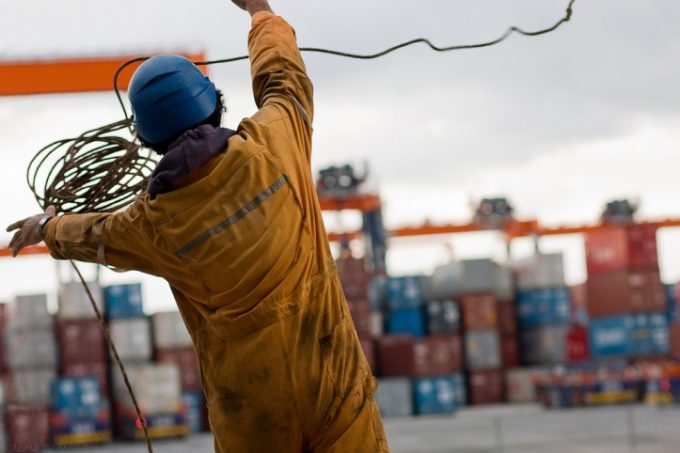Durban Pier 2 development 'delayed by misdirection'
Durban’s Pier 2, South Africa’s main container gateway, continues to be regularly beset by severe ...

Seafarer representatives are increasingly worried that the forthcoming IMO 2020 low-sulphur regulations could result in a spate of criminal convictions.
Seafarer union Nautilus International said a recent case involving a P&O Cruises vessel in the North Europe special emission control area (SEVA), which extends from the Channel to the Baltic Sea, set a worrying precedent, following which seafarers could find themselves with a criminal conviction if they fail to correctly manage the switchover to low-sulphur fuel for the beginning of next ...
Asia-USEC shippers to lose 42% capacity in a surge of blanked sailings
USTR fees will lead to 'complete destabilisation' of container shipping alliances
Outlook for container shipping 'more uncertain now than at the onset of Covid'
New USTR port fees threaten shipping and global supply chains, says Cosco
Transpac container service closures mount
DHL Express suspends non-de minimis B2C parcels to US consumers
Zim ordered to pay Samsung $3.7m for 'wrongful' D&D charges
Flexport lawsuit an 'undifferentiated mass of gibberish', claims Freightmate
Cancelled voyages take the sting out of spot rate declines this week
Uncertainty over US tariffs sparks interest in bonded warehouses for imports
Shippers warned: don't under-value US exports to avoid tariffs – 'CBP will catch you'
Blanked sailings in response to falling demand 'just a stop-gap solution'


Comment on this article